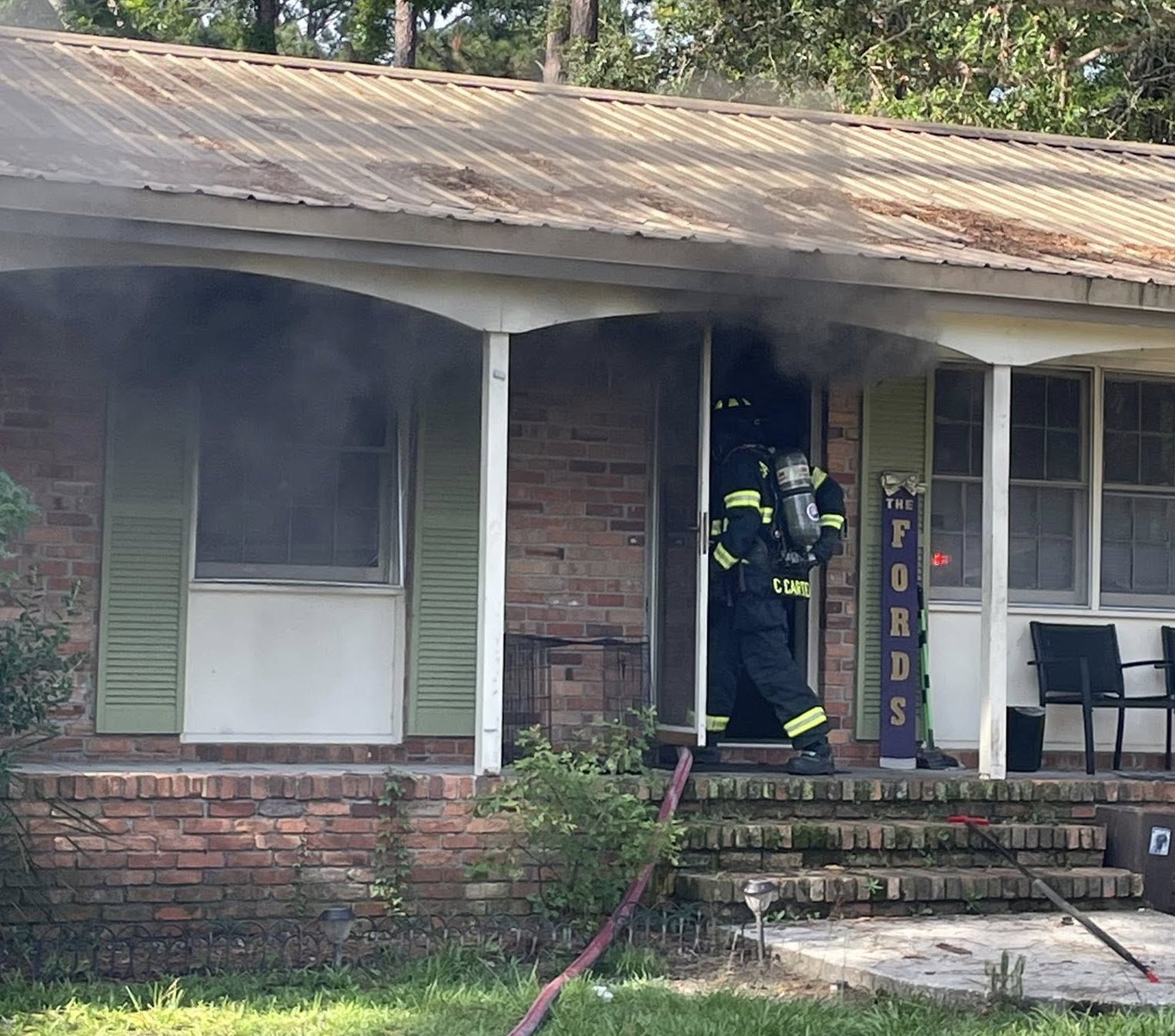Times: Unification reconsidered
Published 12:09 am Sunday, September 4, 2011
The school unification debate has taken some ugly turns since signatures were verified a few weeks ago for a Nov. 8 referendum vote. Passions are high. People are uncertain what school unification will mean. People in both school systems fear for their jobs and livelihoods. Parents worry about the academic futures of their children.
Last week, rather than inspire a more rational approach to school unification, a Times editorial unintentionally fanned the flames by questioning whether race plays a role in how some people view the issue.
Since this question was posed in an editorial about the Lowndes County Board of Education’s opposition to unification, some people believed The Times had portrayed the school board members as racists.
This was not our intention. We apologize. We were only referring to a racial reality that can cloud the real issues in a school consolidation debate.
Misreading of intentions can happen in the face of the unknown and, unfortunately, the unknown is what our community faces with this effort for school unification.
The Times has supported school consolidation for several years. It has been listed daily on our Opinions page ever since this paper adopted the concept of an annual list of Editorial Objectives. While many items on that list have come and gone, school system consolidation has returned year after year.
We believe school unification would best serve Valdosta-Lowndes County. With the community focused on one school system, we believe unification would increase our children’s academic potential. One school system would send a more welcoming message to industries looking to locate here. It would be better to consolidate our school systems as a community rather than the Justice Department one day doing it for us.
We still believe in school unification, but we can no longer support the current effort.
For the past several weeks, readers have asked us how unification would work. Would it change millage rates? Would students be bussed cross-county? Who would lose or keep their jobs? When would Valdosta City Schools dissolve its charter and the Lowndes County School System take over? What are the estimates on cost savings? Would it be more efficient? What happens Nov. 9, the day after the election?
We’ve asked these questions, too. No one can answer them.
The organization that worked to place the issue on the ballot has not offered satisfactory answers. Community Unification for Educational Excellence has admirably spent time proposing ways to increase academic performance if the systems are unified. But CUEE has yet to present a recommended plan for how the merger would work.
If the referendum passes, the school boards will decide how unification would proceed. And both school boards are opposed to unification.
It is this prevailing sense of the unknown that has spurred The Times to oppose the Nov. 8 referendum.
There are too many unanswered questions. There are too many uncertainties at this point. There has to be a better way to present this to the voters.
A vote for unification in this climate is a vote for chaos.





